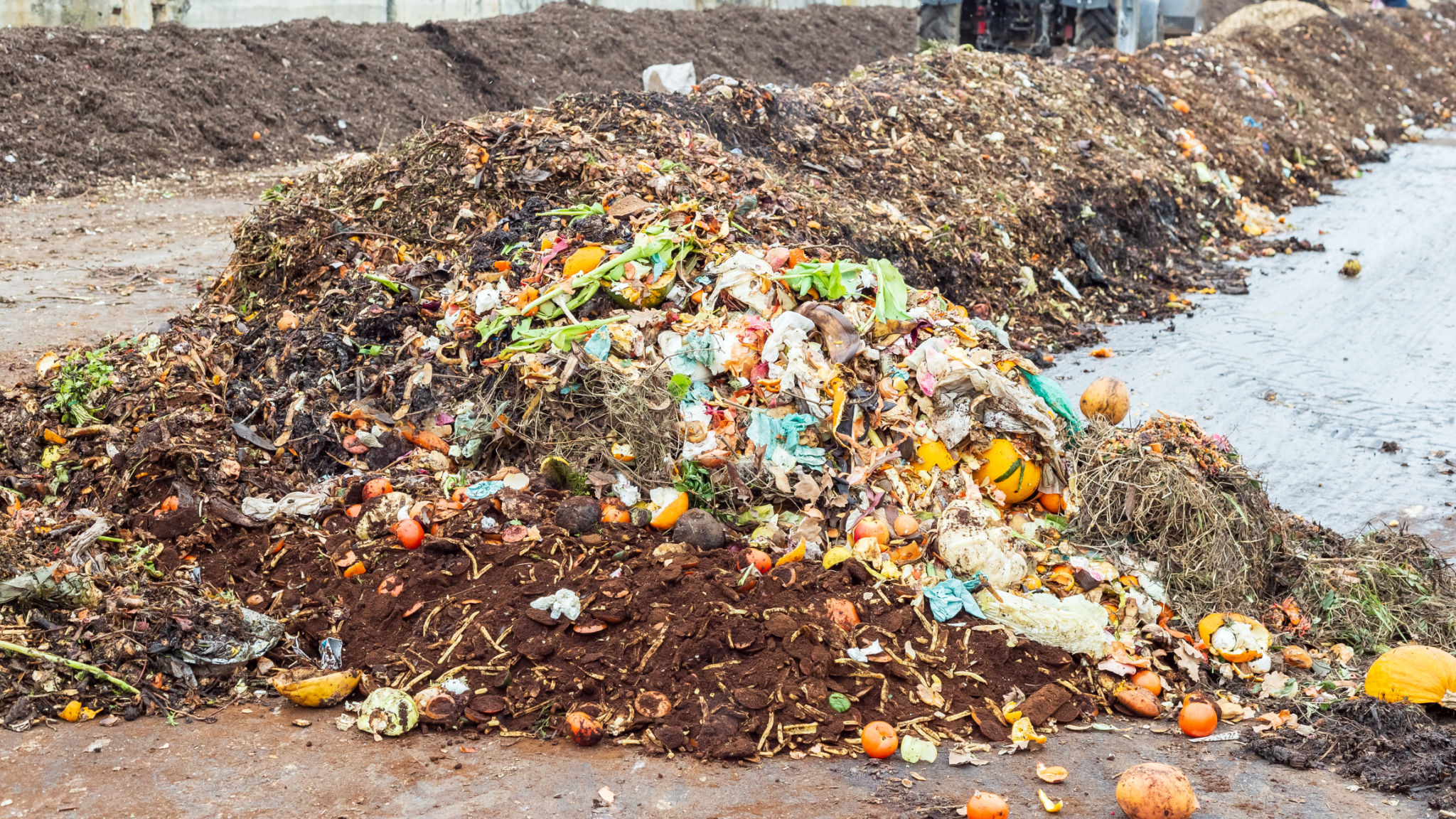Success Stories: Transforming Waste into Resources in the Philippines
Innovative Solutions for Waste Management
In recent years, the Philippines has made significant strides in transforming waste management practices, turning potential environmental challenges into opportunities for growth and innovation. This transition is fueled by a combination of government initiatives, community engagement, and entrepreneurial spirit. As a result, the country is witnessing an inspiring array of success stories that are not only reducing waste but also generating valuable resources.

Community-Led Recycling Programs
One of the most notable transformations has been the rise of community-led recycling programs. Across various cities and municipalities, local communities are coming together to implement effective waste segregation and recycling strategies. These initiatives often involve educational campaigns that teach residents about the importance of proper waste disposal and recycling. The result is a noticeable reduction in landfill waste and an increase in recycled materials that can be repurposed into new products.
These programs have not only helped in managing waste but have also created jobs and supported local economies. By establishing recycling centers and small-scale processing facilities, communities can sell recyclable materials to larger companies, providing a sustainable source of income.
Entrepreneurial Ventures in Waste Conversion
Entrepreneurs in the Philippines are at the forefront of turning waste into resources. Businesses are emerging that focus on converting organic waste into valuable products such as fertilizers and biofuels. For example, some companies collect food waste from restaurants and convert it into compost that is sold to farmers, promoting sustainable agriculture practices.

Another area of innovation is the conversion of plastic waste into construction materials. Startups are developing techniques to transform discarded plastics into durable bricks and tiles, which are then used in building affordable housing. This not only helps in reducing plastic pollution but also contributes to addressing housing shortages.
Government Support and Policy Implementation
The Philippine government plays a crucial role in supporting these waste-to-resource initiatives. Policies such as the Ecological Solid Waste Management Act provide a framework for municipalities to develop and enforce waste management strategies. Additionally, government grants and incentives encourage businesses to invest in sustainable technologies.
- Implementation of stricter regulations for waste disposal.
- Funding for research in innovative recycling technologies.
- Partnerships with international organizations for knowledge exchange.

The Role of Education and Awareness
Education and awareness are key components in the success of transforming waste into resources. Schools, NGOs, and community organizations conduct workshops and campaigns to educate citizens about the impact of waste on the environment and the economy. By fostering a culture of sustainability, these efforts ensure that future generations continue to build on current successes.
Overall, the journey of transforming waste into resources in the Philippines is a testament to the power of collaboration between communities, businesses, and government. As these stories continue to unfold, they offer valuable lessons and inspiration for other nations facing similar challenges.
